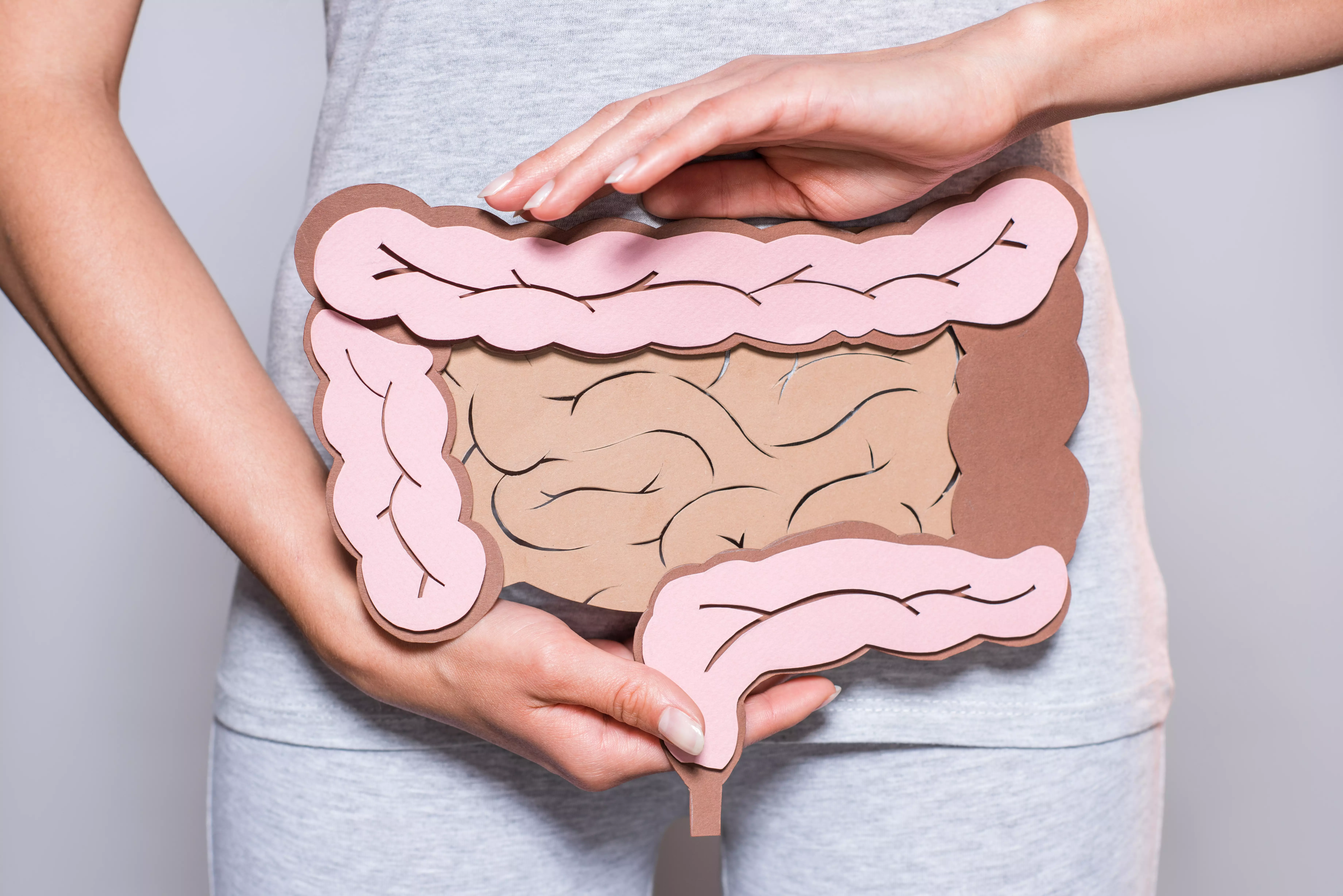Study and treatment of radiation sickness of the intestine
Study and treatment of radiation sickness of the intestine
A person's health is extremely important and it is worth taking the best care of it. Unfortunately, our bodies are exposed to many factors that can cause all sorts of diseases. One of them is radiation, which can have a negative impact on our intestines. In today's article, we will try to introduce the topic of testing and treatment of radiation intestinal disease.
Radiation intestinal disease definition and causes
Radiation intestinal disease, also known as radiation enteritis, is an inflammation of the intestines that is caused by overexposure to radiation. It can occur as a result of radiation therapy used to treat cancer in this area of the body, but also as a result of environmental radiation exposure or a nuclear accident.
Radiation has a destructive effect on intestinal tissues, causing damage to them. The most important causes of radiation intestinal disease are:
Symptoms of radiation intestinal disease
Radiation intestinal disease can manifest itself in a variety of complaints that can affect a patient's quality of life. The most common symptoms of radiation bowel disease are:
Abdominal pain: Patients often describe a burning sensation or pain in the abdominal area, which can be mild or severe, and may worsen after eating.Diarrhea: D iarrhea, which can be chronic, can occur with radiation sickness of the intestine. This can lead to dehydration and weight loss.Nausea and vomiting: Abnormal bowel function can lead to feelings of nausea and vomiting in the patient.Excessive bloating: Radiation bowel disease often causes excessive bloating, which can lead to discomfort.Malnutrition: Damage to the intestines can cause difficulty absorbing nutrients, which can lead to malnutrition.Diagnosis and treatment of radiation bowel disease
Diagnosis of radiation bowel disease is based on an examination of the patient's history, taking a thorough history and the results of diagnostic tests. The doctor may order an imaging study, such as a CT scan or MRI, to assess the condition of the intestines.
If radiation bowel disease is diagnosed, there are a number of treatment options available to alleviate symptoms and restore the patient's quality of life as best as possible. The most common treatments are:
Pharmacotherapy: Analgesics, antiemetics, anti-diarrheal medications and intestinal mucosal regeneration preparations can help relieve symptoms. The doctor may also prescribe antibiotics to prevent infections.Diet: Patients with radiation sickness of the intestine may benefit from a change in diet to help alleviate symptoms. Spicy, fatty, indigestible and high-fiber foods should be avoided. Eating small, more frequent meals is recommended.Nutritional therapy: In cases of malnutrition, patients may be advised to receive nutritional therapy to correct nutrient deficiencies. This may include oral nutrition, feeding through a probe or even intravenous nutrition.Physical therapy: Physiotherapy can help patients relieve abdominal pain, improve bowel mobility and improve overall physical condition.Summary
Radiation bowel disease is a serious problem that can have a negative impact on a patient's quality of life. Unfortunately, it is one of many diseases that can occur as a result of overexposure to radiation. If you suspect radiation sickness of the intestine, it is important to consult a doctor as soon as possible, who will conduct the appropriate diagnostic tests and plan the appropriate treatment. Let's remember that our health is priceless and worth taking care of.
